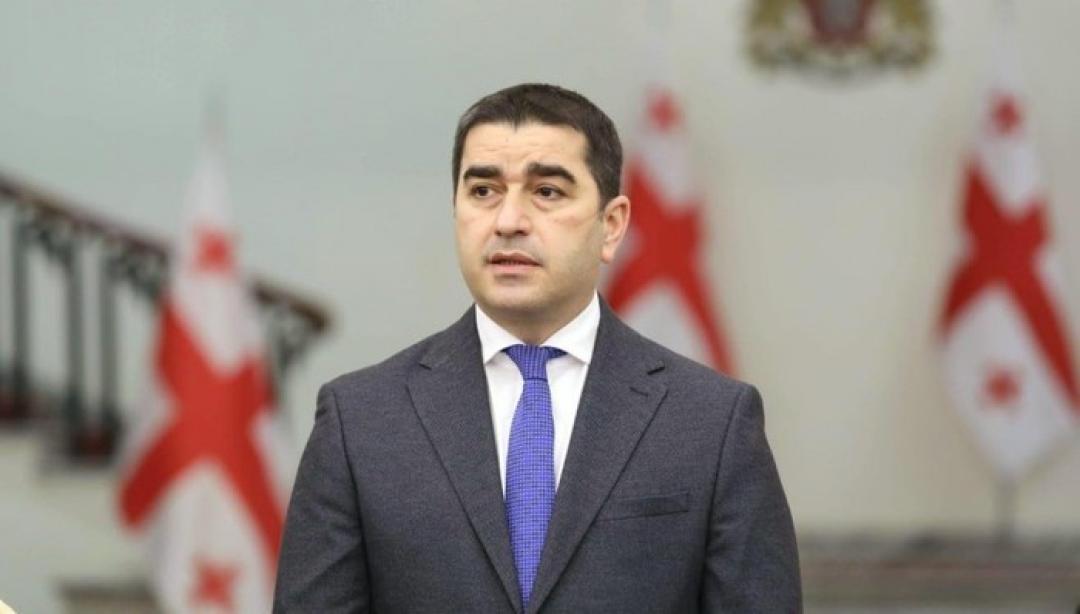
Georgian Parliament Speaker Slams USAID and EED for “Spreading Extremism”

On October 24, Shalva Papuashvili, the Speaker of the Georgian Parliament, stepped up his criticism of the European Endowment for Democracy (EED) and the US Agency for International Development (USAID), claiming that some of its initiatives promote extremism and polarization.
Papuashvili demanded explanations from the US and the EU. The speaker brought up several scandals involving USAID, calling them very unfortunate, and said that several local USAID officials have a careless attitude towards the good name American aid has in Georgia.
In an attempt to undermine ISFED, the major election monitor, Papuashvili claimed that USAID intervened in the 2020 elections in Georgia when ISFED spread false results of the parallel count. Papuashvili noted, "USAID officials themselves knew about this [spreading of false results] and hid it from the Georgian public to further support that propaganda."
Moreover, the speaker disparaged the EED, claiming its operations are hidden from the public. He described it as strange and very disappointing that funds provided by the EU to EED are spent in Georgia to promote extremism despite appeals for depolarization. He added that EED supported the Droa movement and that it paid the bail of Nika Melia.
Interestingly, on October 25, Erin Elizabeth McKee, USAID Assistant Administrator for Europe and Eurasia, arrived in Georgia amid growing criticism by the Georgian government. McKee reaffirmed USAID's three-decade-long strategic partnership with Georgia.
As previously reported by Caucasus Watch, the State Security Service of Georgia (SSS) stated that to take part in a project funded by the US Agency for International Development (USAID), three Serbian trainers were brought to Georgia, and they were actively seeking activists to plan the violent overthrow of Georgia's duly elected government.
See Also


Mirzoyan Meets US Deputy Assistant Secretary Joshua Huck

Azerbaijani President Holds Talks with UAE and German Business Delegations on Economic Cooperation

Grigoryan Confirms Armenia’s Readiness to Dissolve OSCE Minsk Group Upon Peace Treaty Signing

Azerbaijani Official Warns of Ecological Risks to Caspian Sea, Similar to Lake Urmia and Aral Sea

